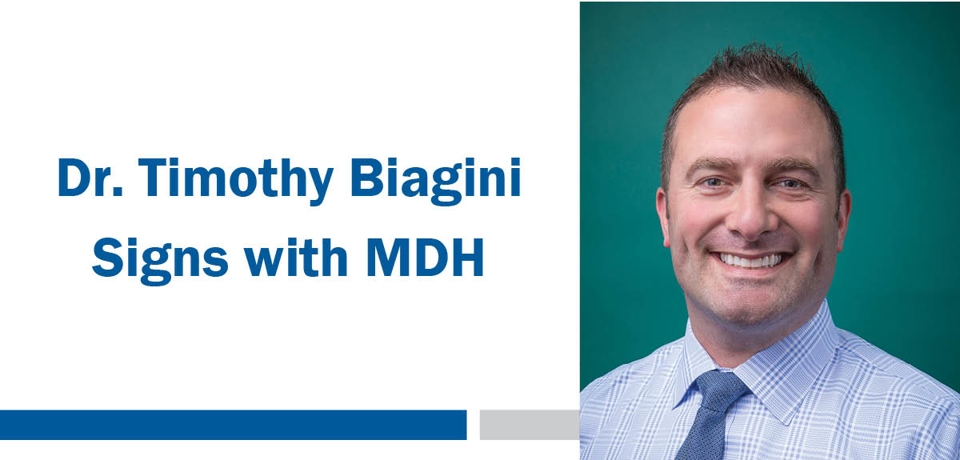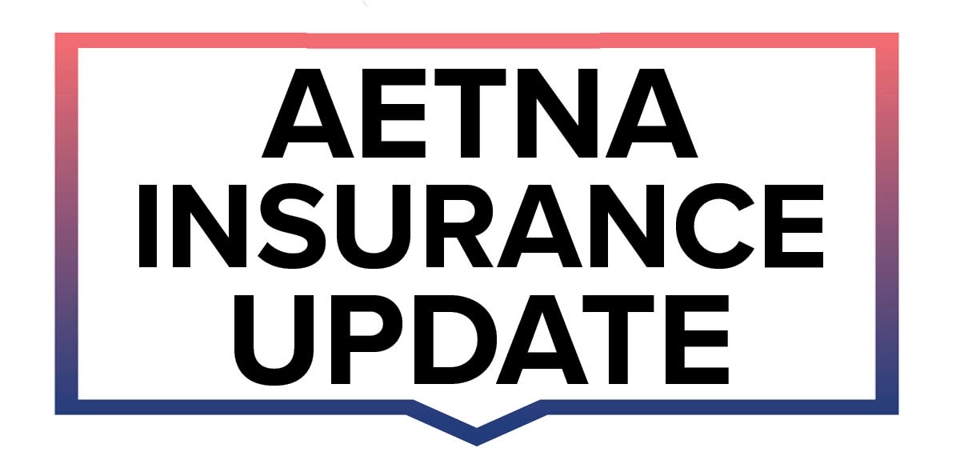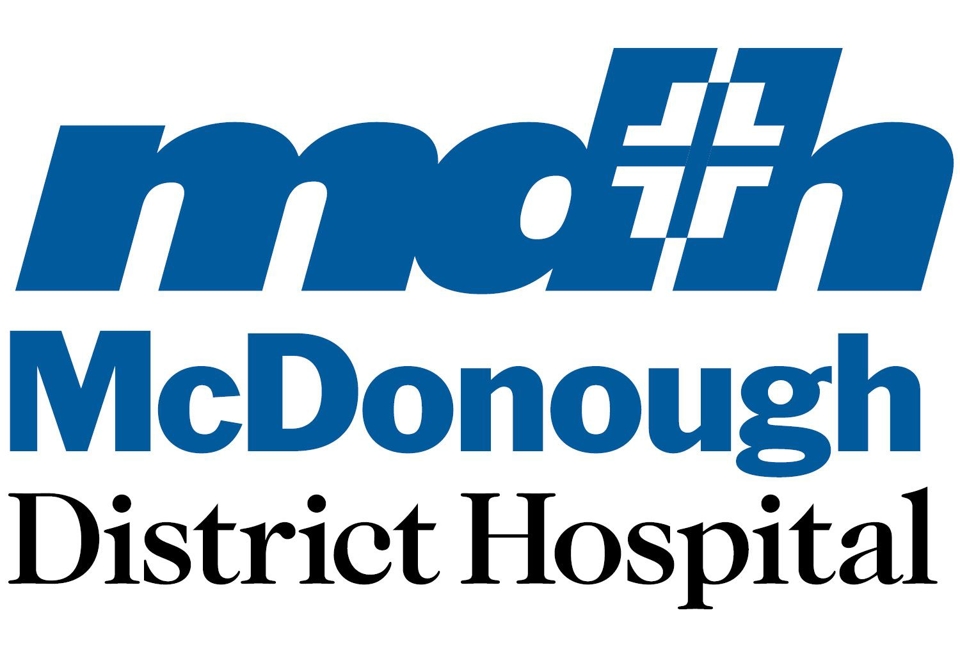Most of us probably agree that we are on information overload these days, with COVID-19 data coming at us from many directions at once. This can lead us to engage in anxious efforts to respond to each piece of news to make sure we and our loved ones are protected. It can also lead us to shut down or reach for some method to numb ourselves and escape our frustration, worry, or fear.
What we sometimes forget is the importance of another kind of awareness - checking in with ourselves for information on what we need or want or what will help us the most right now. This kind of internal awareness involves moment-to-moment noticing of sensations, thoughts, feelings, surroundings – having the information we need to make appropriate choices. When we do this, we do not miss signals that we need to do something like the following:
- Rest or eat or drink
- Stand or move or stretch
- Connect with someone we love
- Take a break from screens
- Do something useful for someone else
- Get outside in nature
- Laugh or breathe deeply
- Ask for help with a difficult task
- Think about something else
To help with this kind of awareness, try the Four Questions Exercise. Several times a day stop and ask yourself these questions:
- What am I aware of? (sensory input, physical sensations, thoughts, feelings)
- What do I need or want?
- Can I give that to myself? (if so, give it to myself)
- What am I aware of? (sensory input, physical sensations, thoughts, feelings)
We can all increase our sense of well-being by paying attention to our internal world and then responding to what we notice. In turn, we will have more energy to respond to the stress and challenges of our current health crisis.
If you find your level of worry or sadness getting out of hand, you may want to consider speaking with a mental health professional. TeleHealth services are provided by MDH Behavioral Health Services, allowing for virtual interaction with a therapist. You are able to remain in your own home ensuring your safety during our current health crisis and meet with a mental health provider using your desktop, laptop, tablet, or mobile device. Services remain confidential and are covered at this time by most insurance providers. If you want to learn more about these services or would like to speak with a counselor, please call Behavioral Health Services at (309) 836-1582.
Miriam Mindeman, MA, LCPC
Therapist, Behavioral Health Services




